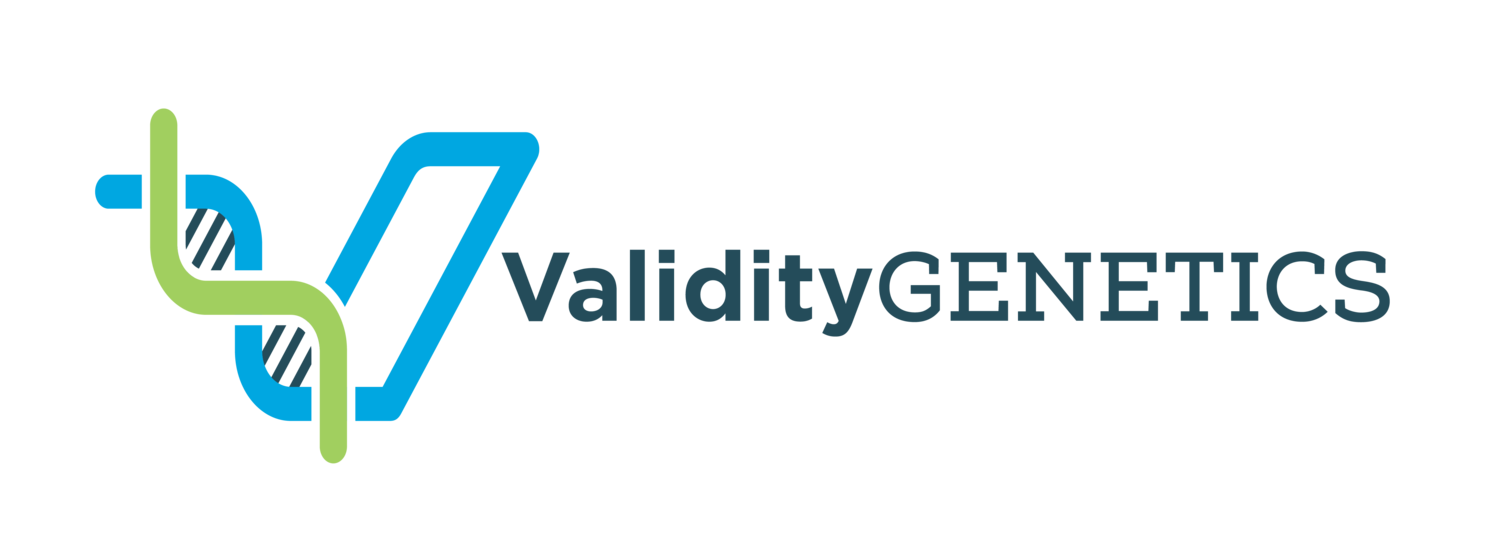Sibling DNA Testing
Sibling Relationship Testing
Sibling relationships are unique, but they aren’t always straightforward genetically. When you need clarity about your biological connections, sibling DNA tests can determine whether you share one or both parents with a sibling. But what's the difference between a half-sibling and full-sibling DNA test? Here’s a clear breakdown.
What is a Full-Sibling DNA Test?
A full-sibling DNA test determines whether two individuals share both biological parents. Full siblings typically share approximately 50% of their DNA. This test is used when both siblings believe they have the same mother and father but want confirmation.
When to Use a Full-Sibling DNA Test:
Confirming known family relationships
Legal or inheritance issues
Immigration cases requiring proof of sibling relationships
What is a Half-Sibling DNA Test?
A half-sibling DNA test determines whether two individuals share only one biological parent. Half-siblings generally share around 25% of their DNA. This test is common when siblings suspect they share only one parent, such as the same father but different mothers.
When to Use a Half-Sibling DNA Test:
Clarifying uncertain family relationships
Establishing biological ties for inheritance or legal reasons
Connecting with unknown family members
How Accurate Are Sibling DNA Tests?
Sibling DNA tests offer probability-based results rather than definitive answers. Factors influencing accuracy include:
Availability of Parental DNA: Testing a known parent can greatly increase the accuracy.
Number of Genetic Markers Tested: More markers increase the reliability of results.
Type of Relationship: Full siblings are easier to confirm due to the higher amount of shared DNA.
Typical accuracy ranges:
Conclusive: Probability above 90% (likely siblings) or below 10% (likely unrelated).
Inconclusive: Probability between 10% - 89%, meaning additional testing may be needed.
Understanding Your Sibling DNA Test Results
Results are presented as a percentage indicating the likelihood that two individuals are siblings:
Above 90%: Strongly suggests a sibling relationship.
Below 10%: Strongly suggests no sibling relationship.
Between 10% and 89%: Inconclusive, requiring further investigation, such as including a known parent's DNA sample.
Choosing the Right DNA Test for Your Needs
Forensic Sibling DNA Tests
In situations where obtaining standard cheek swab samples isn't possible, forensic sibling DNA tests can use non-standard samples to determine sibling relationships. Commonly used forensic samples include:
Hair with roots
Used toothbrushes
Chewed gum
Cigarette butts
Clothing (Used and unwashed or with bodily fluids)
Nail clippings
Important Considerations for Forensic Tests:
Sample Quality: The success rate depends heavily on sample quality and preservation.
Extended Turnaround: Forensic DNA tests typically take longer—around 5-7 business days—due to additional processing requirements.
Higher Cost: Forensic tests are generally more expensive due to specialized extraction processes.
If standard testing methods are unavailable, forensic sibling DNA tests provide a viable alternative for obtaining accurate results.
Selecting between a full-sibling and half-sibling DNA test depends on your specific questions:
Full-Sibling Test: If you believe you share both parents.
Half-Sibling Test: If you suspect only one parent is shared.
Extended Testing: If results are inconclusive, adding grandparents, aunts, uncles, or additional siblings may clarify results.
How to Perform a Home Sibling DNA Test
Conducting a sibling DNA test at home is simple:
Order Your Kit: Receive a discreet and convenient collection kit.
Collect Samples: Use the provided cheek swabs to collect samples from each sibling.
Ship Samples to the Lab: Send samples securely to a certified testing facility.
Receive Your Results: Results are typically available within 2-3 business days.
Getting Clarity on Your Sibling Relationship
Whether confirming family history or exploring your roots, sibling DNA tests offer valuable insights. By understanding the difference between half-sibling and full-sibling tests, you can choose the right test for your needs.
At Validity Genetics, we help families clarify their biological relationships with accurate, reliable, and confidential DNA testing.





